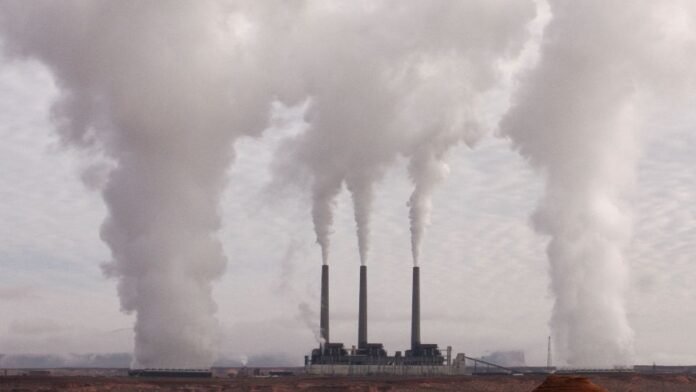Hospitals across Delhi-NCR have reported a sharp rise in patients suffering from respiratory ailments and pregnancy-related complications following Diwali celebrations, as toxic smog engulfed the region once again.
Medical experts say the combination of thick smoke from firecrackers and stagnant winter air has led to a 30% increase in breathing problems, asthma attacks, and allergic bronchitis in the days after Diwali. The city’s Air Quality Index (AQI) remained in the “very poor” to “severe” category between October 20 and 23, with PM2.5 levels peaking at 675 — a four-year high.
“The post-Diwali smog is particularly dangerous because it causes a sudden spike in pollutant concentration,” said Dr. Pulkit Agarwal, Consultant Pulmonologist at SilverStreak Superspeciality Hospital. “We’ve seen a nearly 30% jump in cases of asthma flare-ups and severe breathlessness within just two days.”
Echoing similar concerns, Dr. Mohit Bhardwaj of Shalby International Hospital, Gurugram, warned that pollutants trapped close to the ground worsen the health risk. “People with chronic respiratory or cardiac conditions should strictly avoid outdoor exposure, wear N95 masks, and continue prescribed inhalers without interruption,” he advised.
Gynaecologists have also raised alarms over the impact of air pollution on pregnant women and foetal health.
“High levels of particulate matter can cross the placental barrier, affecting foetal growth and brain development,” said Dr. Astha Dayal, Director of Obstetrics and Gynaecology at CK Birla Hospital, Gurugram. “We’ve observed more expectant mothers reporting shortness of breath, dizziness, and elevated blood pressure post-Diwali.”
Dr. Yashica Gudesar of Max Super Speciality Hospital, Dwarka, added that prolonged exposure to polluted air during pregnancy increases the risk of preterm birth and low birth weight. She recommended the use of air purifiers at home, offices, and even cars, along with staying indoors during peak pollution hours.
Health experts have collectively urged citizens and authorities to adopt sustainable celebration practices, such as using eco-friendly fireworks, promoting community-based displays, and reducing noise and air pollution.
With Delhi’s air quality dipping to dangerous levels, doctors warn that without urgent preventive measures and stricter pollution controls, the city risks turning its festive joy into an annual public health crisis.



